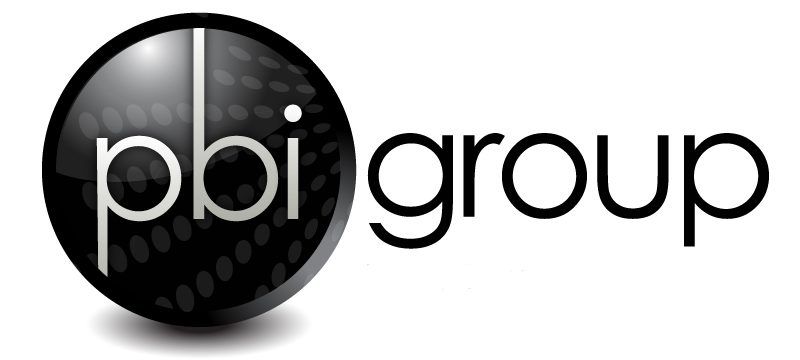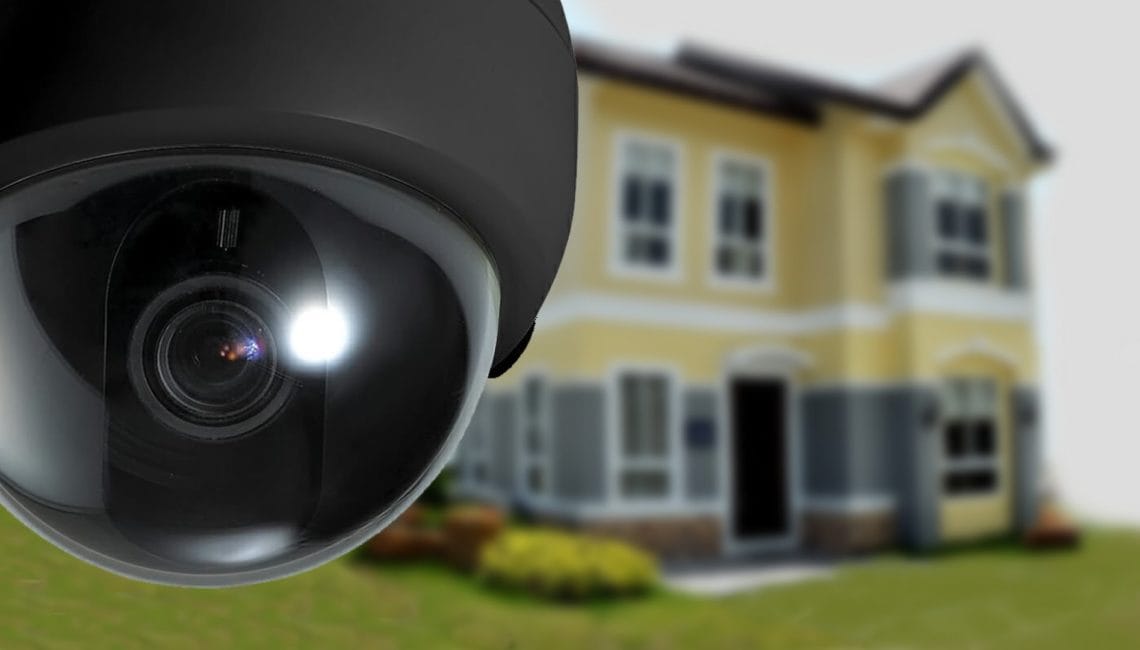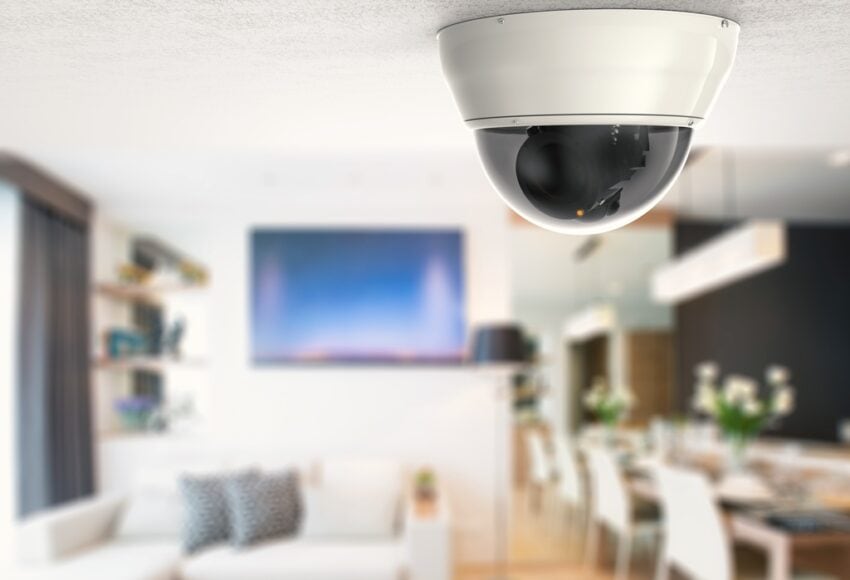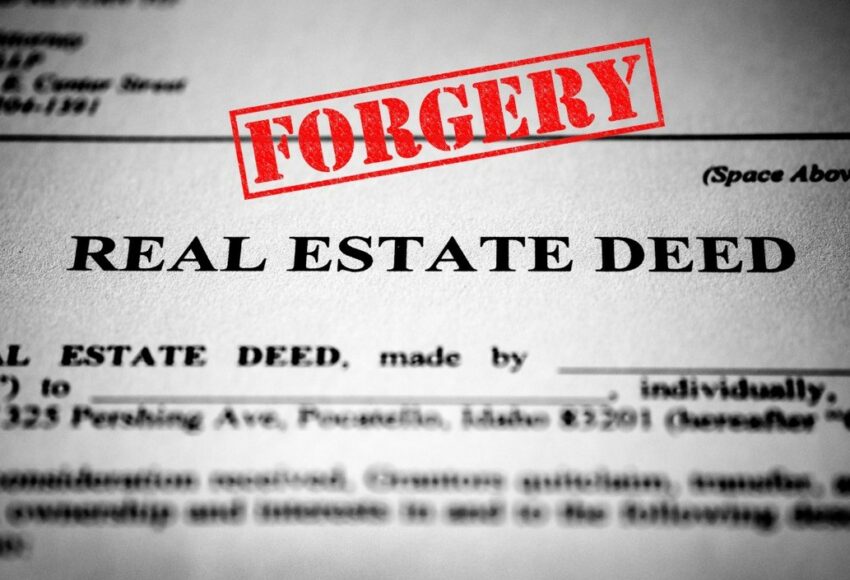During the Christmas season, neighbors in a Connecticut town spotted two men carrying large sacks in and out of a home. According to police, one was a local realtor and the other, his accomplice. The men were in the process of stealing from an unoccupied house.
Police arrested the real estate agent on charges of third-degree burglary, conspiracy to commit third-degree burglary, and possession of burglary tools. The home belonged to a recently deceased man, and the agent had access to the home as a realtor.
Police are investigating whether the real estate professional abused access to other homes, which had recently experienced burglaries. Ben Lane “Connecticut real estate agent arrested for allegedly abusing access to rob homes-Authorities investigating a string of burglaries” clarionledger.com (Dec. 29, 2016).






